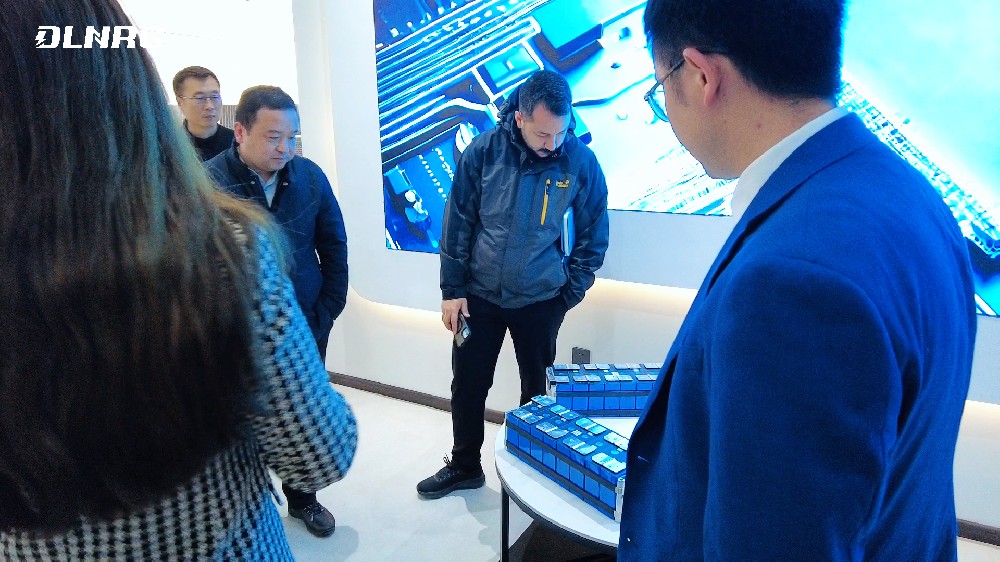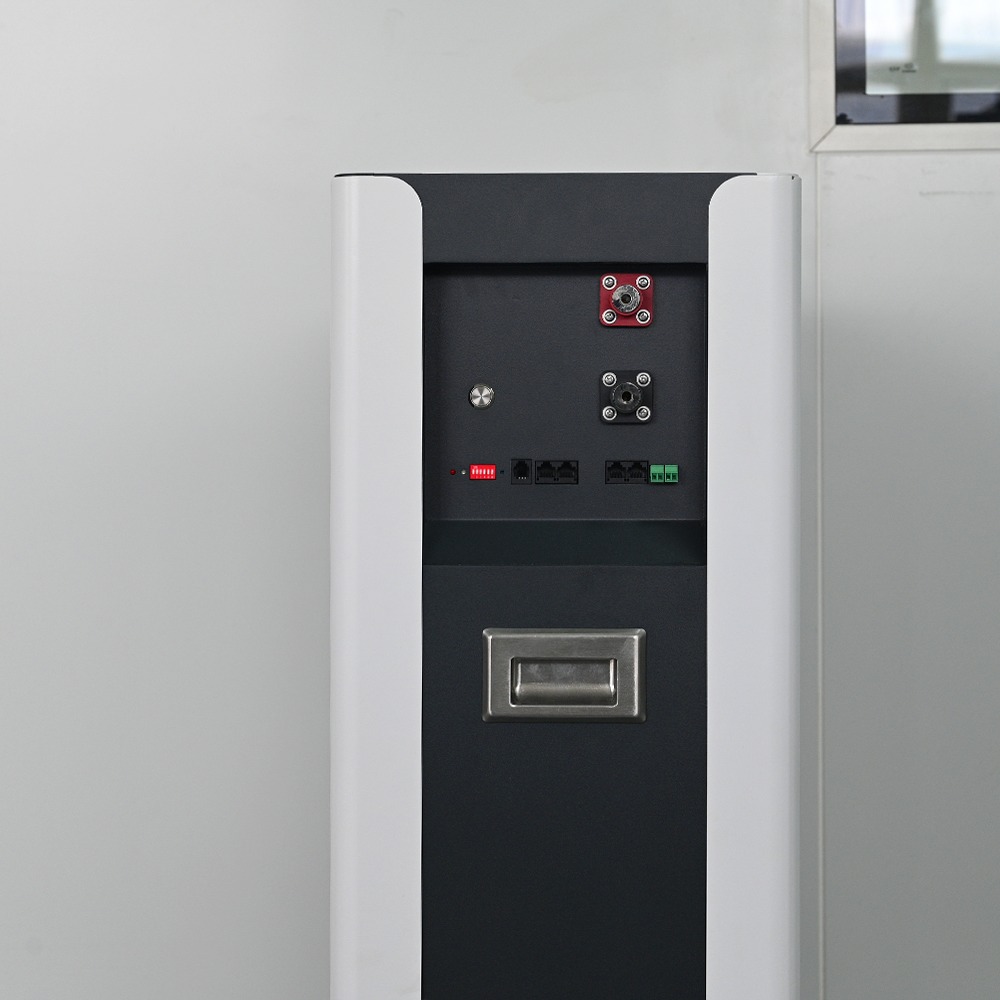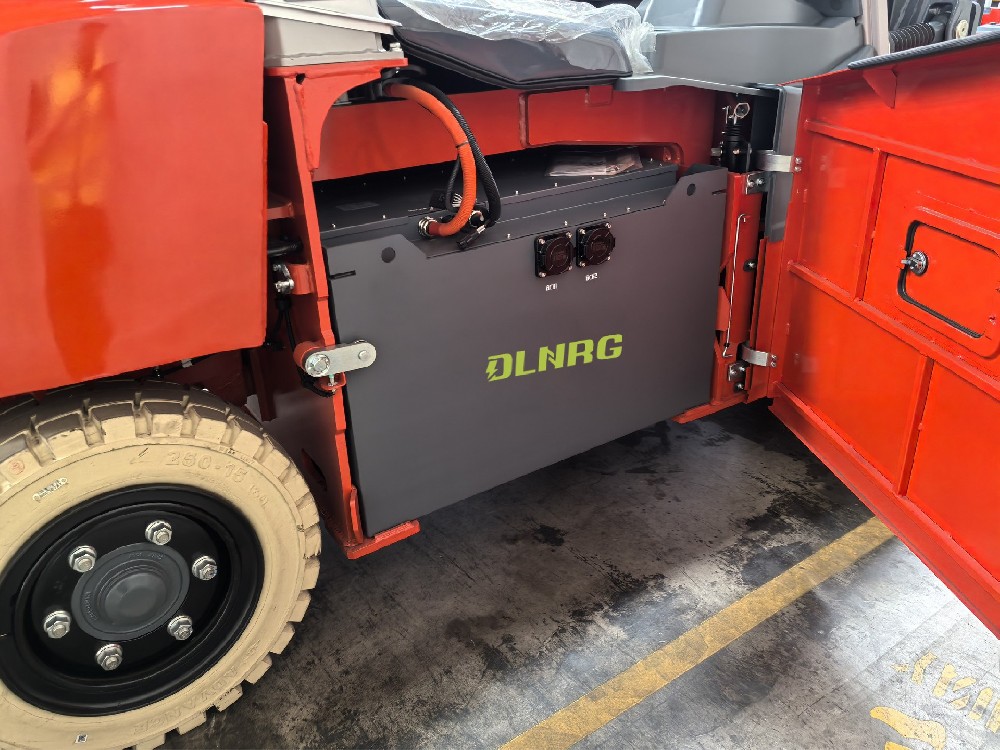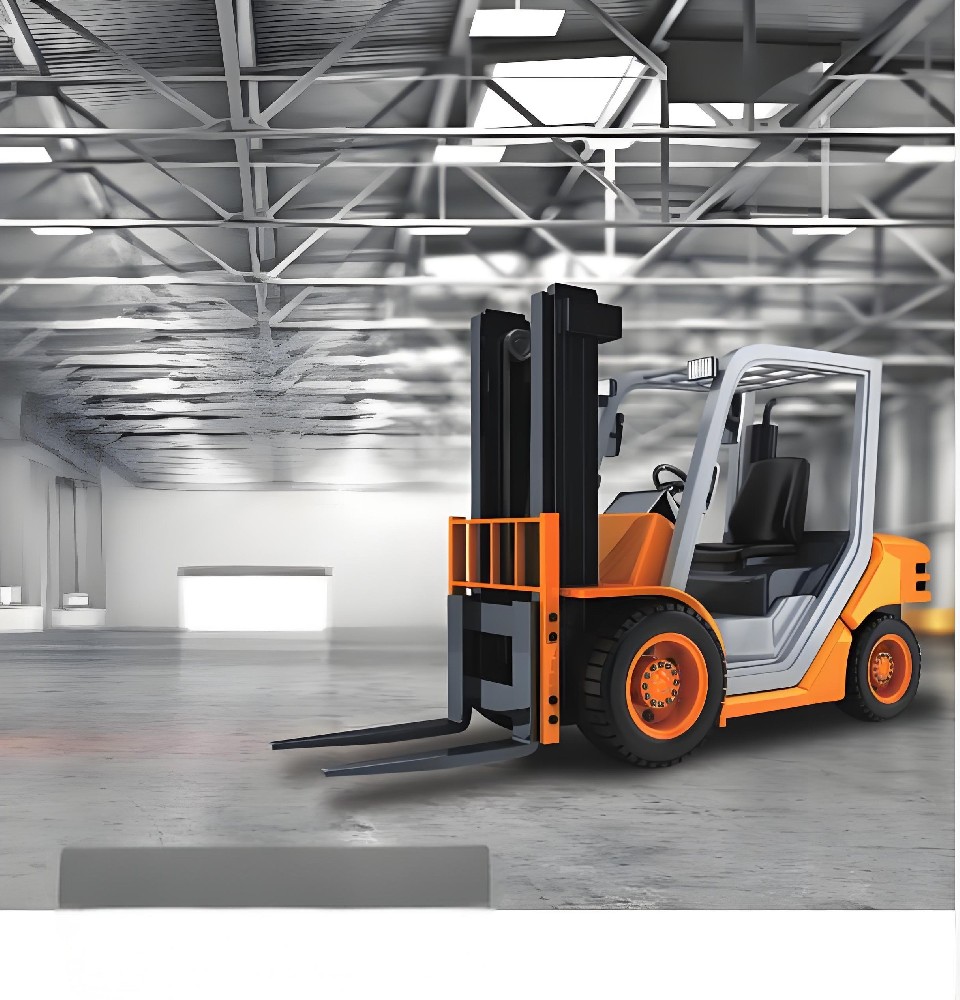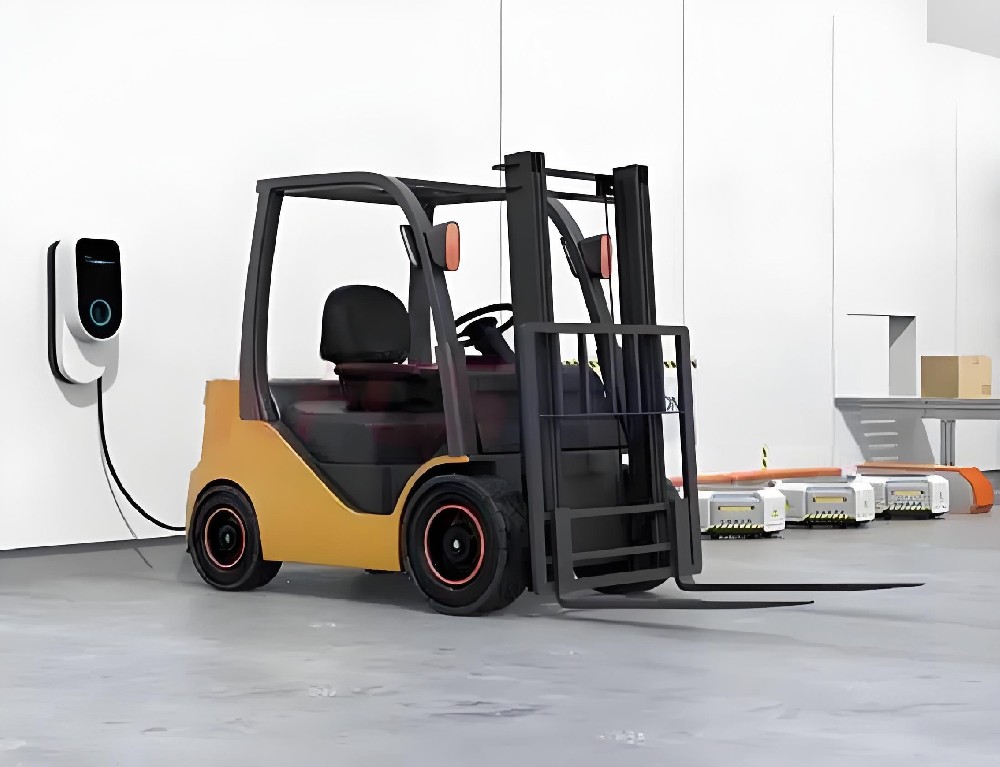Introduction
The contemporary world is rapidly turning towards technologically advanced solutions as technological advancement and innovation is taking place at an unprecedented rate. As every other industry adapts to the evolving technological landscape, the forklift industry is no exception. Among the significant developments is the transition from combustion engines to electric battery power, a prominent change. The introduction of improved battery technology has made the move towards electric forklifts more manageable and practical, thereby reshaping the landscape of the forklift industry.
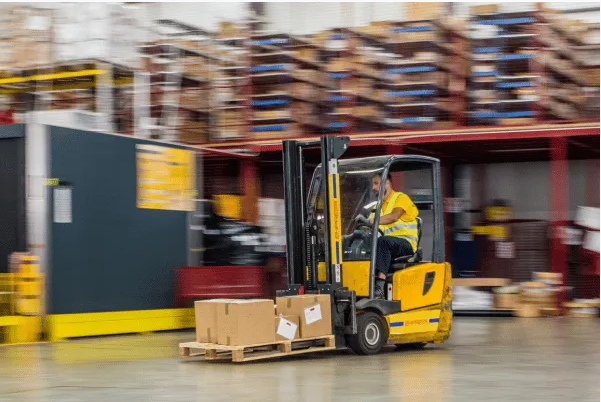
Surging Demand for Electric Forklifts
With rising fuel costs, changing emission regulations, and increased environmental consciousness, there has been a significant surge in the demand for electric forklifts. They are efficient and provide the added advantage of being eco-friendly and cost-effective over the long run. The shift towards electric forklifts has necessitated the concurrent development in battery technology, enhancing the functionality of these machines.
Latest Trends in Battery Technology for Forklifts
Lithium-Ion Batteries
Lithium-ion batteries have emerged as an integral part of electric forklift technology due to their efficiency and life cycle. They are lighter in weight and capable of providing more power than traditional lead-acid batteries. Moreover, they require less charge time and no extensive maintenance, making them a preferable option for industrial usage.
Smart Models
The incorporation of innovative technology into battery management is one of the lateral trends in the forklift industry. Machine learning and IoT (Internet of Things) are being used to create intelligent battery systems that operate at optimum levels, predict maintenance requirements, and prolong battery life, enhancing operational efficiency.
The Future of Battery Technology in the Forklift Industry
While it is hard to forecast precise developments, the technological trends point towards continued advancements in battery technology for the forklift industry. Battery technologies will continue to be more efficient, more sustainable, and more innovative in their operations.
Reduced charging times, increased power output, and improved durations between maintenance all seem promising for future battery innovations. Coupled with the fact they facilitate a cleaner, greener work environment, it is safe to say that these types of advancements will maintain their upward trajectory in popularity and practicality.
Conclusion
True to any industry currently undergoing digital transformation, the forklift industry faces a landscape of continuous change and development. With the improvements in battery
technologies, the demand for electric forklifts will continue to rise, further stimulating the market’s growth. Companies embracing these imminent shifts will undoubtedly yield benefits in the long run, both economically and environmentally. As we stride into the future, it will be fascinating to see what further technological advancements unfold and how they reshape the forklift industry.
